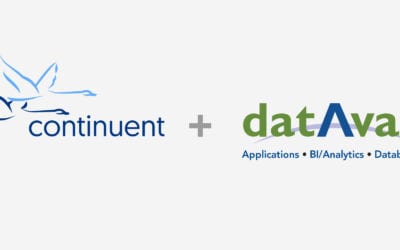Blog
Welcome to Datavail's Blog, where you can read the latest insights, tips and opinions of our experts on all things data and technology.
Essential NoSQL Capabilities in MySQL Databases
With MySQL 8.0, NoSQL is now available in this database management solution. Here are some of the features offered through MySQL document store.
Better Together: Why Datavail is Partnering with Continuent for MySQL and MariaDB Database Solutions
Datavail and Continuent provide a full suite of MySQL products and services clients.
5 Best Practices for the Query Store in SQL Server 2016
The Query Store feature in SQL Server 2016 makes the troubleshooting process dramatically simpler. Learn more.
How to Create Temporal Tables in SQL Server 2016
Analyze data faster with Temporal Tables in SQL Server 2016. Get the details (sample code included).
Using a largely open source RDMS, such as MySQL, provides its own certification challenges.
Amazon RDS vs Amazon EC2 | Amazon Web Services EC2 vs RDS
Ready to migrate your MySQL database to Amazon Web Services (AWS)? Which is better, Amazon RDS or Amazon EC2? Learn the pros and cons of each option.
The Mechanics of High Availability
High availability is necessary for organizations to compete. This blog post shows the tools for for MySQL databases and how we can help configure and deploy.
How to Resolve Systemd Issue with Percona XtraDB Cluster on CentOS 7
CentOS 7 Systemd issue with Percona Cluster is that SST fails to sync the nodes, unable to join cluster group and giving the misleading broken pipe 32 SIG errors.
The Democratization of Data Analytics – SQL Server
SQL Server has sparked a revolution in data mobility by availing massive computing power to organizations, playing a critical role in the democratization of data.








